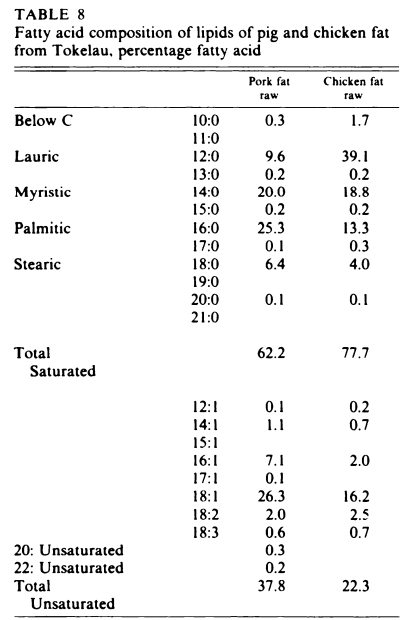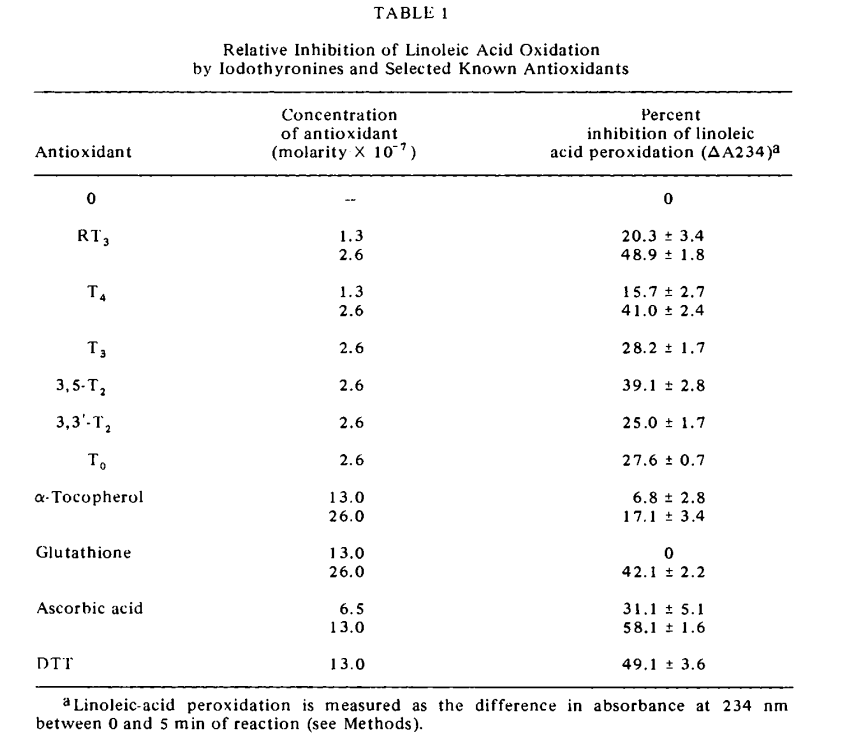@Luke said in Who's still doing a PUFA depletion detox diet? (long terms results, hopes dreams, future plans):
With chickens and eggs it's probably best to keep your own if possible and then feed them non-crap. Dr. Peat once mentioned in an interview that some farmer raised pigs and fed them non-crap, I think he mentioned potatos, fruit and coconut. And when they had the meat tested it was as low in PUFA as beef. I would guess it's the same with chicken. If you don't feed them the typical PUFA food, it will reflect the PUFA content in their own fat tissue and the eggs.
I'm not sure organic makes that much of a difference in that regard, because they are fed organic crap instead of conventional crap. But at least they have a chance to eat some worms or insects once in a while when they are outside instead of some cage.
Edit:
He also mentioned he would eat 4 or 5 eggs a day when he was in Mexico, because Mexicans feed their chickens leftovers from their own food. But he wouldn't eat more than one egg in the United States.
"Tokelauans and Pukapukans are very similar. Pigs and chickens on these atolls also eat large amounts of coconut. This is reflected in the unusually high concentration of short-chain fatty acids in their fat which in turn contributes to the saturated fat intake of the islanders."

